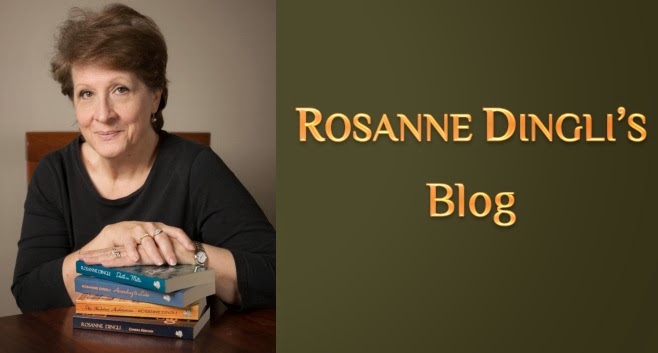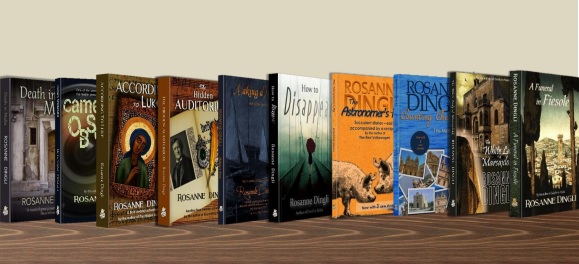Margaret Sutherland is an author with a large body of work. She has written fiction of the full-length and short varieties with great success, and is taking the floor this week. Please make her welcome.
WRITING AND WORK
“Don’t give up your day job!”
This gratuitous advice to authors suggests that, as there’s no money in it, writing isn’t real work, and for the money part, that’s true for most of us. Novelists and short story writers don’t draw regular paychecks.
So isn’t writing work?
Of course it is, if work implies regular effort carried out for reward. It’s just that the varied rewards of writing may not be measured in cash.
Of course it is, if work implies regular effort carried out for reward. It’s just that the varied rewards of writing may not be measured in cash.
We still need money and most of us do have some other form of paid work. Magpies that we are, we will gather experience for future writing, in the way that Somerset Maugham used his training as a doctor for ‘Liza of Lambeth’ and ‘Of Human Bondage’.
 As a young woman, my occupation was raising three children and keeping a home. In the ’60’s that wasn’t considered work. Only when I suggested taking a paid part-time job did the issue arise. Who would do whatever it was I was doing all day? I postponed taking the job. Instead I turned to writing. That probably saved my sanity, but nobody called it work. It was my little hobby in Suburbia. (Guess what my early novel ‘The Love Contract’ was about.)
As a young woman, my occupation was raising three children and keeping a home. In the ’60’s that wasn’t considered work. Only when I suggested taking a paid part-time job did the issue arise. Who would do whatever it was I was doing all day? I postponed taking the job. Instead I turned to writing. That probably saved my sanity, but nobody called it work. It was my little hobby in Suburbia. (Guess what my early novel ‘The Love Contract’ was about.) In later life I qualified as a piano and guitar teacher, (my current day job). I needn’t think hard about how music has infiltrated my fiction. In ‘The Sea Between’ there’s a procession of characters. I’m throwing a little get-together for them right here. Let me introduce you: irritable Mr Casubon, gifted musician forced to support his large family by teaching; Julian Moxham, ambitious bipolar cellist; shy pianist Dot, briefly a nun.
 And from ‘Leaving Gaza’, here’s Heath Barnes, retired now from the Conservatorium but still teaching music at home. (On the quiet, a lovely man, but a terrible frustration to his wife, who paints. Trouble brewing there.)
And from ‘Leaving Gaza’, here’s Heath Barnes, retired now from the Conservatorium but still teaching music at home. (On the quiet, a lovely man, but a terrible frustration to his wife, who paints. Trouble brewing there.)Let’s move on. You know how rackety arty people are.
Behind this closed door, the sick and elderly are celebrating life. How resilient they are! By now you’ll have gathered I also worked as a nurse? After training in the ’70’s, I was employed in Women’s and Baby Health, Aged Care and Migrant Health. The experiences from this period fill a whole book; life stages and characters who people my just-released paperback and e-book, ‘The Last Party’.
Well, excuse me. It’s time to go. Old friends are calling and then it’s back to work.
MARGARET SUTHERLAND is a New Zealand writer who has lived in Australia for twenty years. She has published seven novels and several collections of short stories, has held the New Zealand Scholarship in Letters and has received two Australia Council writing fellowships. Her work has been included in many anthologies. For further details, visit Margaret's website at www.margaretsutherland.com.

















